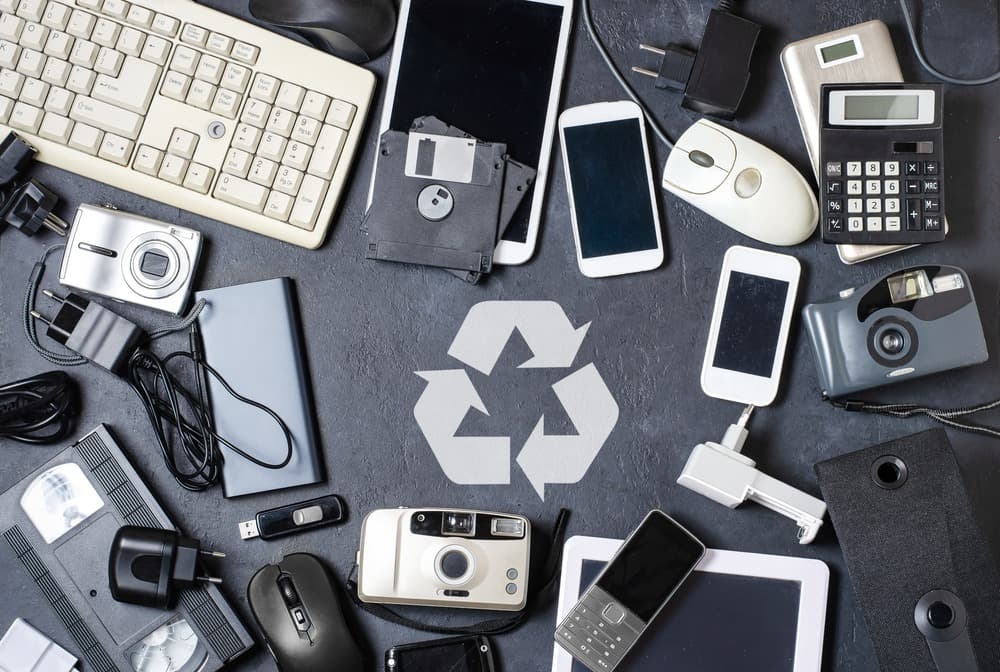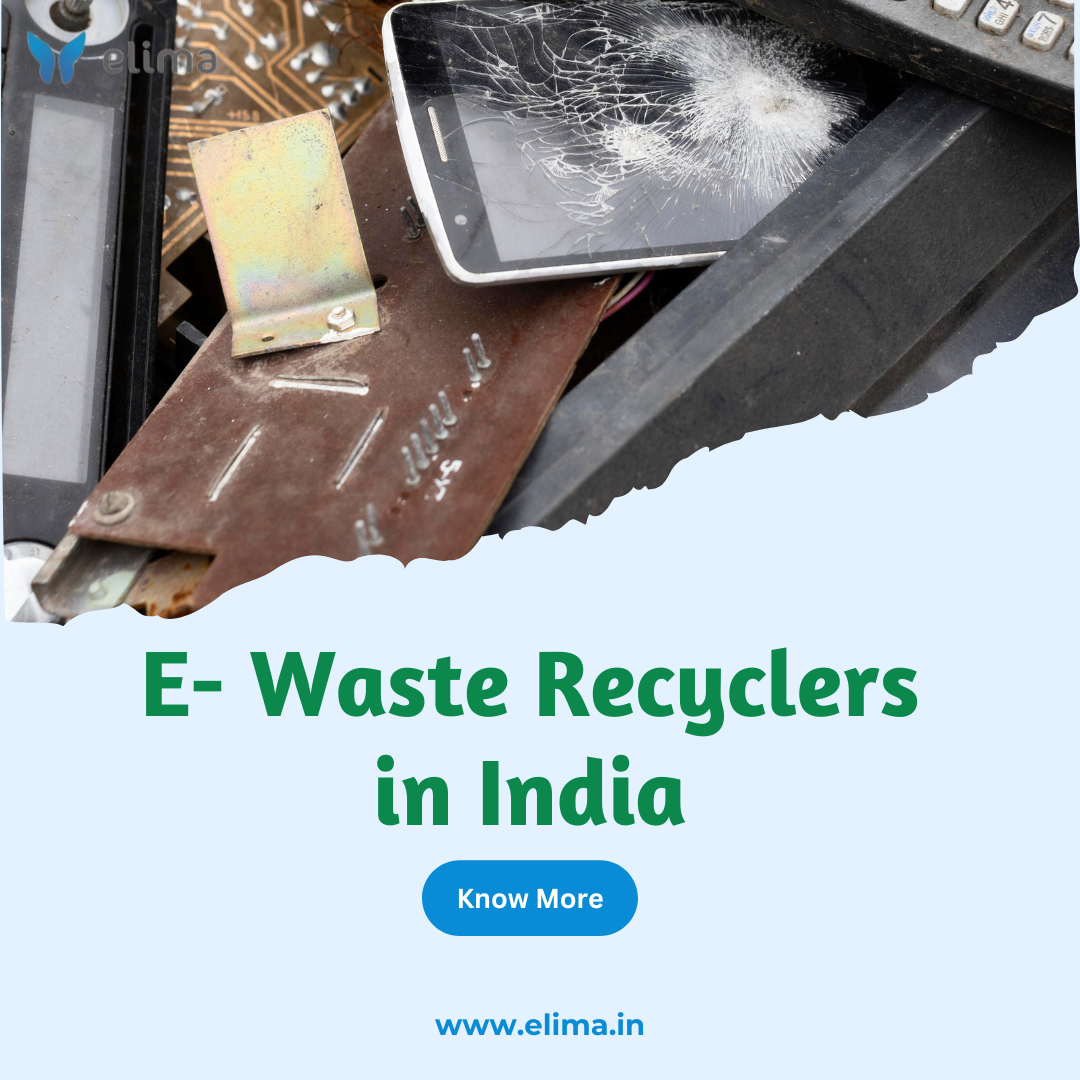Are E-Waste Recycling Companies Making a Difference in India?

Strong 8k brings an ultra-HD IPTV experience to your living room and your pocket.
In today’s digital age, India has emerged as one of the largest consumers of electronic devices, leading to a significant rise in electronic waste (e-waste). With outdated gadgets, broken appliances, and obsolete technology being discarded regularly, the need for proper e-waste management has never been greater. This is where E-Waste Recycling Companies play a crucial role in addressing this environmental challenge. But are they really making a difference in India? Let’s explore their impact and effectiveness.
The Growing Challenge of E-Waste in India
India ranks among the top five countries generating e-waste globally. According to recent reports, the country produces over 3.2 million metric tonnes of e-waste annually, and this number is expected to grow exponentially. Unfortunately, a significant portion of this waste ends up in landfills or is handled by the informal sector, which often lacks the expertise and technology to recycle e-waste safely. This not only poses environmental hazards but also endangers human health due to exposure to toxic substances like lead, mercury, and cadmium.
The Role of E-Waste Recycling Companies
With growing concerns over e-waste pollution, several E-Waste Recycling Companies have stepped up to tackle this issue. These companies focus on collecting, dismantling, and recycling electronic waste through sustainable and eco-friendly methods. By leveraging advanced technologies and adhering to government regulations, they ensure that hazardous components are safely disposed of while valuable materials like copper, gold, and silver are recovered and reused.
How Are E-Waste Recycling Companies Making a Difference?
1. Reducing Environmental Impact
One of the most significant contributions of e-waste recycling companies is the reduction of environmental pollution. By processing electronic waste in regulated facilities, these companies prevent harmful toxins from seeping into the soil and water. This helps in minimizing the ecological damage caused by improper disposal practices.
2. Promoting Circular Economy
E-waste recycling contributes to a circular economy by recovering valuable materials and reintroducing them into the production cycle. This reduces the dependency on virgin resources, conserving energy and lowering carbon emissions associated with mining and manufacturing new products. Companies like Elima are at the forefront of this movement, ensuring that e-waste is efficiently recycled and repurposed.
3. Encouraging Responsible Disposal
One of the biggest challenges in India’s e-waste management is the lack of awareness about proper disposal methods. Many people still discard electronic waste along with household garbage. E-Waste Recycling Companies are actively working to change this behavior by launching awareness campaigns, setting up collection centers, and collaborating with businesses and consumers to encourage responsible disposal.
4. Job Creation and Economic Growth
The e-waste recycling industry has also created numerous employment opportunities, particularly in the formal sector. Skilled workers are required to handle, dismantle, and process electronic waste safely, leading to the generation of green jobs. Additionally, the industry contributes to economic growth by supporting small and medium enterprises involved in e-waste collection and recycling services.
Challenges Faced by E-Waste Recycling Companies
Despite their positive impact, e-waste recycling companies in India face several challenges:
Informal Sector Competition: A large portion of e-waste is still handled by unregulated scrap dealers who use hazardous methods to extract valuable materials.
Lack of Consumer Awareness: Many consumers are unaware of the environmental impact of improper e-waste disposal or the existence of recycling facilities.
Regulatory Hurdles: While India has strict e-waste management rules, enforcement remains inconsistent, making it difficult for companies to operate effectively.
The Future of E-Waste Recycling in India
The Indian government has introduced several initiatives to strengthen e-waste management, including Extended Producer Responsibility (EPR), which mandates manufacturers to take back and recycle their products. Companies like Elima are aligning with these regulations to promote sustainable recycling solutions. With continued investments in technology, infrastructure, and awareness campaigns, the future of e-waste recycling in India looks promising.
Conclusion
E-waste recycling companies are undoubtedly making a difference in India by reducing environmental pollution, promoting a circular economy, and creating job opportunities. However, for their impact to be truly transformative, greater public awareness, stronger regulatory enforcement, and increased participation from businesses and consumers are essential. With continued efforts from organizations like Elima and other E-Waste Recycling Companies, India can move towards a more sustainable and responsible approach to managing electronic waste.
Note: IndiBlogHub features both user-submitted and editorial content. We do not verify third-party contributions. Read our Disclaimer and Privacy Policyfor details.





